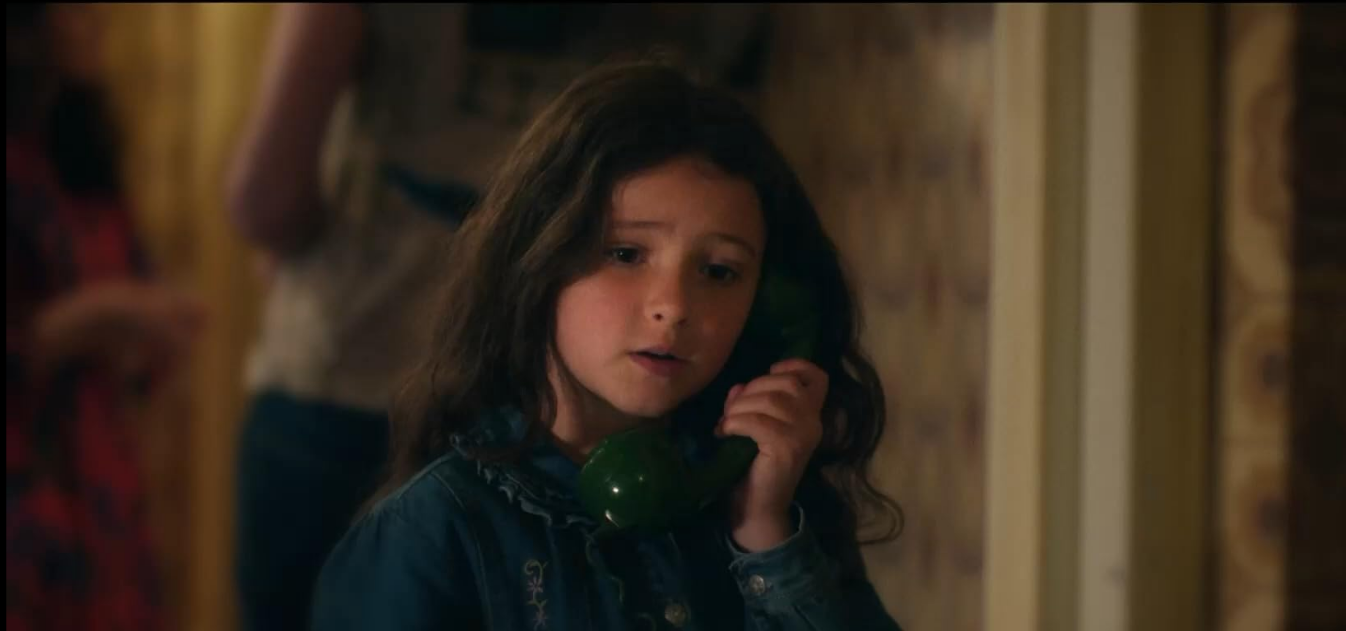Movies
[TIFF Review] ‘Jallikattu’ is Pure Insanity, an Apocalyptic Cinematic Ride Through Hell

Genre cinema can come from the strangest of places. One of the biggest surprises of TIFF this year was finding genre gems outside the Midnight Madness program, like the movies of the Contemporary World Cinema. These are mostly movies that dabble in genre without going fully going into the extreme. One of the best examples of this is the Malayalam film Jallikattu, a movie that’s like Mad Max: Fury Road meets Jaws.
The movie opens at the break of day, with the film’s editing making the morning routine of a remote Indian village look and sound like a symphony, with the background score incorporating the actual ticking sound of a clock to direct the flow of time and the action of the film. Butcher knives chop meat, hands slap, husbands hit their wives, more meat is cut, money is exchanged, knives cut through more meat. Violence is the common tongue, and it drives the story forward. It is a short but efficient sequence that sets the stage for a symphony of frenzy and madness that will follow, and maybe the best edited sequence since the opening scene in Baby Driver.
As the village goes on about their day, plans for celebrations and weddings fill the village with good vibes for their day. Unfortunately, nighttime brings nothing but disaster, as Varney the butcher’s (Chemban Vinod Jose) latest buffalo escapes. As the screaming and shouting of men reach the village, news of destroyed shops and crops infuriate the men of the village, causing each and every single living being in the area to vow to kill the mighty beast – and forcing Varney to be the first one in order to reclaim his pride.
The word Jallikattu may be defined by a spectacle in which people try to grab a bull’s hump after it is released into a crowd, kind of like in Spanish tradition. But writer-director Lijo Jose Pellissery’s film is not interested in a fun and thrilling experience, but an exploration of man’s inevitable savagery. The buffalo isn’t let loose, but it escapes, and the men tasked to find it are certainly not happy about it – in fact, they’d happily kill Varney if it meant all their troubles could disappear with them. And so, every man in the village and its surroundings arms themselves to fight the buffalo, some for glory, some to steal meat, and others because they simply want to be inside the craziness.
There are plenty of words I can use to try and describe the feeling of watching the chase for the buffalo, and it wouldn’t even come close to do justice to what is done on screen in Jallikattu. You see, even when the film slows down a bit and shows the other residents of the village, it does so to show the festering grudges and old allegiances that have been growing for years. Verbal insults are followed by punches, then by bloodshed not caused by the beast – but showing the film’s nihilistic message of violence. That being said, when we follow the chase, it is a splendid cinematic achievement to behold, as the cinematography gets up close to the blood-thirsty men to accentuate the disorientation and the frenzy that surrounds these men, then goes for wide shots to reveal the hundreds of extras during nighttime scenes that are lit by hundreds of raging flames, with the only sound being that of howling voices screaming for blood. It is an orchestra of knives and machetes, insects and shouts.
Lijo Jose Pellissery is clearly influenced by the work of Steven Spielberg, in particular, Jaws, with the mighty beast at the center of both movies being used sparingly as to create a better and more frightening threat than if we saw the full buffalo from the very beginning. There are even some scenes that bring to mind the beautiful carnage at the beginning of 2001: A Space Odyssey and Boogie Nights, in the exploration of the orchestral chaos of violence.
Pellissery may not have set out to do a genre film, as there are still moments where the director explores the daily drama of the villagers’ life. But with hundreds of extras as his disposal, a symphonic and meticulous score, and cinematography that rivals that of Fury Road in making you ask how the hell no one died during production, Jallikattu results in an apocalyptic cinematic ride through hell that reveals the worst of mankind, and the best that cinema has to offer.

Movies
Matilda Firth Joins the Cast of Director Leigh Whannell’s ‘Wolf Man’ Movie

Filming is underway on The Invisible Man director Leigh Whannell’s Wolf Man for Universal and Blumhouse, which will be howling its way into theaters on January 17, 2025.
Deadline reports that Matilda Firth (Disenchanted) is the latest actor to sign on, joining Christopher Abbott (Poor Things), Julia Garner (The Royal Hotel), and Sam Jaeger.
The project will mark Whannell’s second monster movie and fourth directing collaboration with Blumhouse Productions (The Invisible Man, Upgrade, Insidious: Chapter 3).
Wolf Man stars Christopher Abbott as a man whose family is being terrorized by a lethal predator.
Writers include Whannell & Corbett Tuck as well as Lauren Schuker Blum & Rebecca Angelo.
Jason Blum is producing the film. Ryan Gosling, Ken Kao, Bea Sequeira, Mel Turner and Whannell are executive producers. Wolf Man is a Blumhouse and Motel Movies production.
In the wake of the failed Dark Universe, Leigh Whannell’s The Invisible Man has been the only real success story for the Universal Monsters brand, which has been struggling with recent box office flops including the comedic Renfield and period horror movie The Last Voyage of the Demeter. Giving him the keys to the castle once more seems like a wise idea, to say the least.















You must be logged in to post a comment.